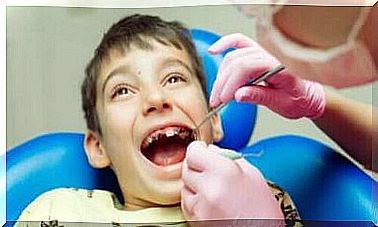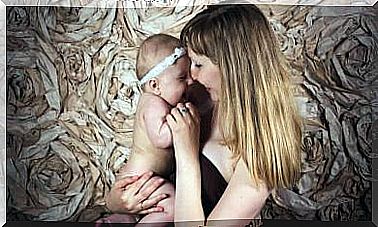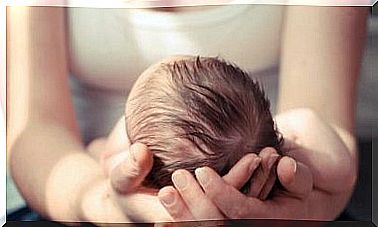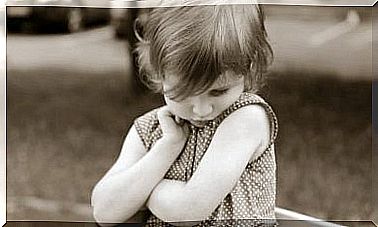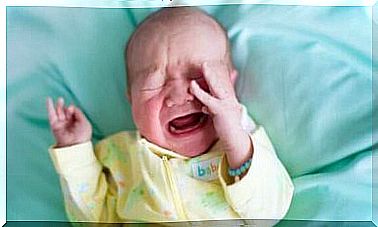How To Take Care Of A Premature Baby At Home
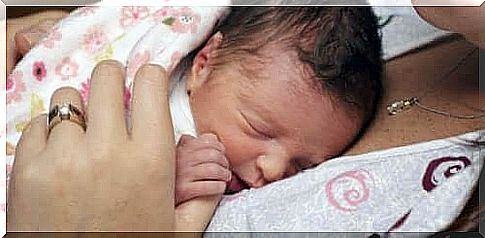
Contrary to popular belief , caring for a premature baby is not much more difficult than having a full-term baby. You just have to be careful and use common sense.
There are many amazing stories about premature babies who have miraculously recovered. They have shown the world that love is the most important thing when it comes to caring for a premature baby.
Although it can be stressful for the nerves to take care of a baby at home, it is important that you believe in yourself. That is the basis for you both to be able to feel good.
Keep in mind the following: a premature baby is only discharged from the hospital when it is almost completely recovered. Therefore, you are fully capable of giving your child the care he or she needs to continue growing at home.
The premature baby is then usually able to regulate its own body temperature and therefore does not need to be stored in an incubator. The baby can then also eat by itself.
Although parental love is the most important thing for the baby, there are certain guidelines and medical advice to follow up during the baby’s first year of life. We tell you about them below.
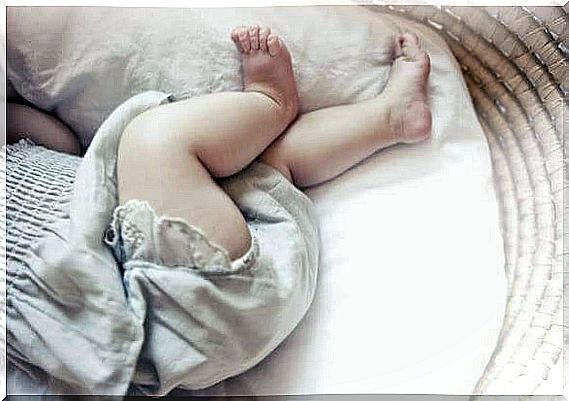
Precautions at home
There are a lot of general precautions – especially hygienic – when it comes to caring for newborns. This is especially important when it comes to premature babies because their health is more sensitive during the first year of life.
The first thing you need to do is make sure you keep clean. It is important that everyone who wants to touch and hold the baby washes their hands before touching the baby.
This is especially important when it comes to people coming from outside where viruses or bacteria can spread.
Another precaution that must be followed is not to let anyone smoke near the child. It must be allowed to live in a smoke-free environment.
During the first year of life, the baby should also avoid contact with sick people or toys or other objects that may be a risk of infection.
Monitor the temperature in the environment where the child is staying. The ideal temperature is around 22 degrees. If the temperature is below 22 degrees, the child may need to put too much energy into staying warm.
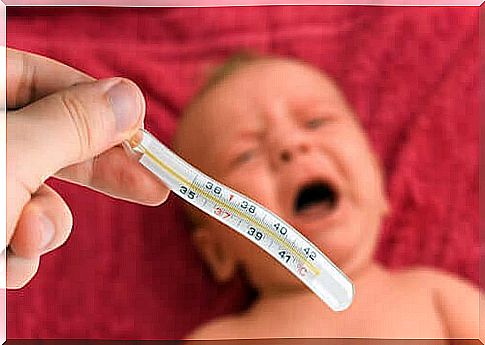
Be sure to lay the baby on its back while sleeping. Newborn babies sleep between 16 and 18 hours a day and premature babies sleep even longer.
When a baby is going to sleep, you have to put it on its back. Make sure there are no toys or foreign objects in the crib.
What does a premature baby need?
Although it is good to adopt certain hygienic and other precautions for your child’s health, it is also good to move and get out with the child.
Try to take your child for walks in the fresh air. Be sure to keep the child away from confined and cramped spaces where there is a greater risk of being infected by viruses.
Always have your pediatrician’s phone number on hand. Hen will be able to answer any questions you may have about difficulty breathing, bluish skin changes, fever or chills.
Pay attention to your child’s behavior. Consult your pediatrician if your baby cries for no apparent reason.
You should also consult your doctor if the child does not want to eat or if it does not follow objects with his eyes.
Keep in mind that premature babies need to go for medical check-ups
In addition to the precautions we mentioned above, it is also important to take your baby to the doctor for regular checkups. Hen will check the following:
- The child’s ability to see and hear
- The child’s central nervous system (by testing the child’s reactions to stimuli, ie smiles, senses and other reflexes).
If the child has any learning difficulties, hyperactive disorders or difficulties with attention or language, these should be followed up.
